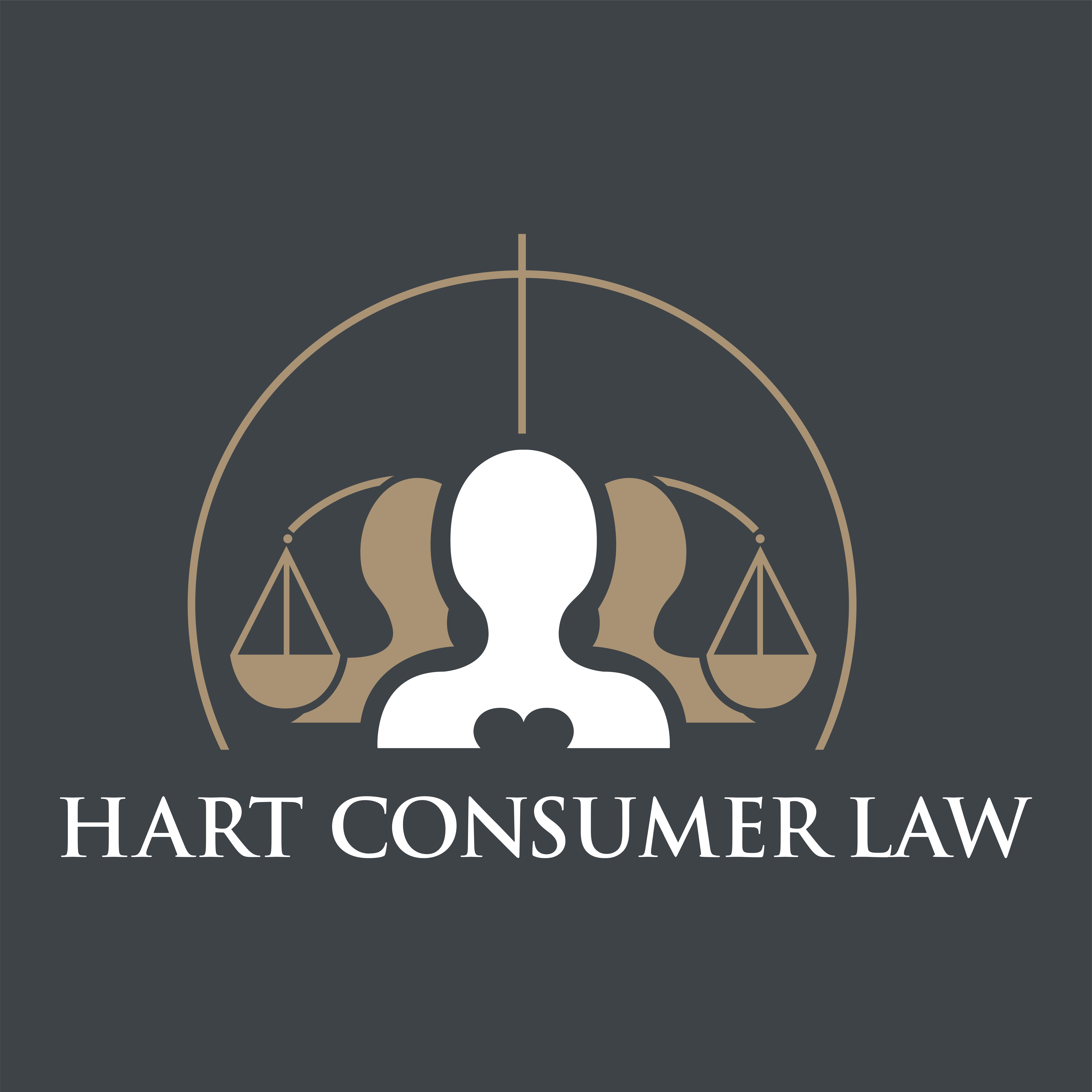
Because of defects with the service of the original Complaint in 2009, a Discover Bank judgment in excess of $9,000.00 rendered against a consumer was declared null and void by the Spartanburg County Court of Common Pleas in South Carolina.
The consumer, represented by Andrew R. Hart, filed a motion challenging the 2009 judgment in May 2018. The consumer didn’t learn of the existence of the judgment until, while exploring the possibility of refinancing her mortgage in early 2018, she was informed by her bank that a lien from the judgment was present on her property. Upon investigating the judgment, the consumer found that Discover Bank claimed to serve her at an address where she did not live. In her motion and supporting affidavits, the consumer asserted that she was never served with a summons and compliant, and that due to the lack of service, the resulting judgment was void. The judge agreed with the consumer and granted the motion for relief from judgment, voiding the $9,332.89 judgment along with nearly 9 years of accumulated interest and finding that service claimed by Discover Bank was ineffective.
Without effective service, jurisdiction is never obtained over another party, and any judgment rendered is subsequently void. Rule 60 of the South Carolina Rules of Civil Procedure permits a court to relieve a party from a final judgment. This is especially important in the context of consumers, because if a consumer discovers a judgment that they were unaware of or believes was improperly obtained, a mechanism exists to challenge the judgment.
A common method of service in South Carolina is personal service. Rule 4 of the South Carolina Rules of Civil Procedure states the applicable standard for service of process. Under Rule 4(d)(1), personal service may be made upon an individual by delivering a copy of the summons and complaint to him/her personally, or by leaving copies thereof at his dwelling house or usual place of abode with some person of suitable age and discretion then residing therein. Rule 4 serves at least two purposes – it confers personal jurisdiction on the court and assures the defendant of reasonable notice of the action. Other methods of service on individuals – including certified mail and publication – are allowable in South Carolina courts as well.
If you’re a consumer who discovers a judgment or pending case against them and you do not believe you were properly served, it’s imperative to take action immediately, and may be worth consulting with a consumer attorney to determine the best course of action.




